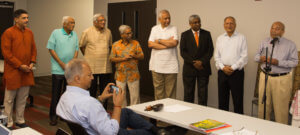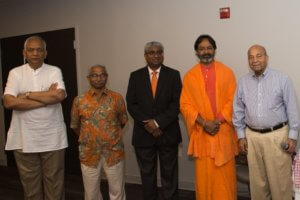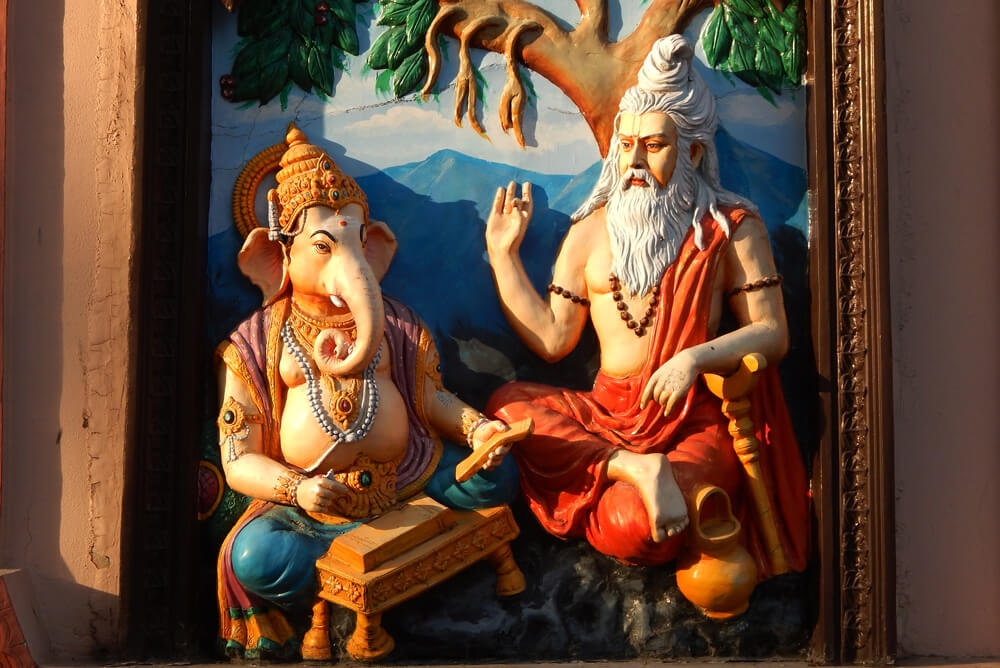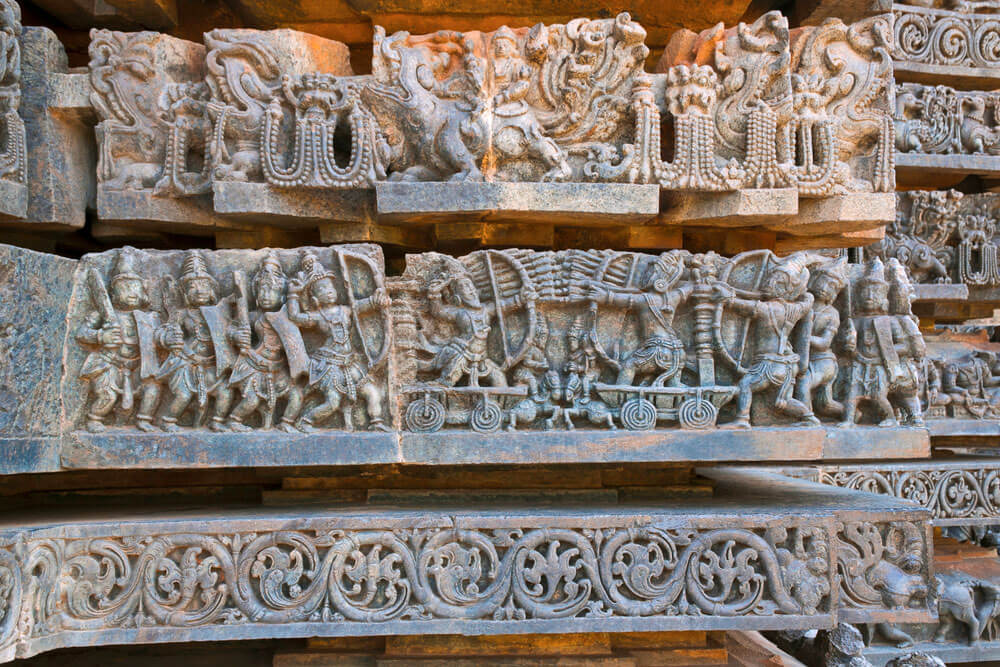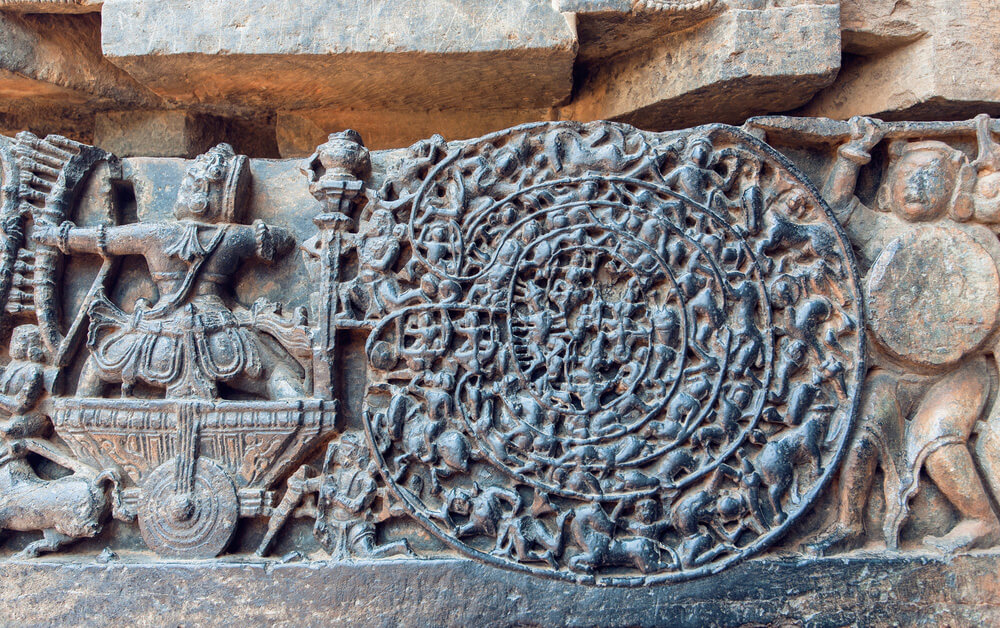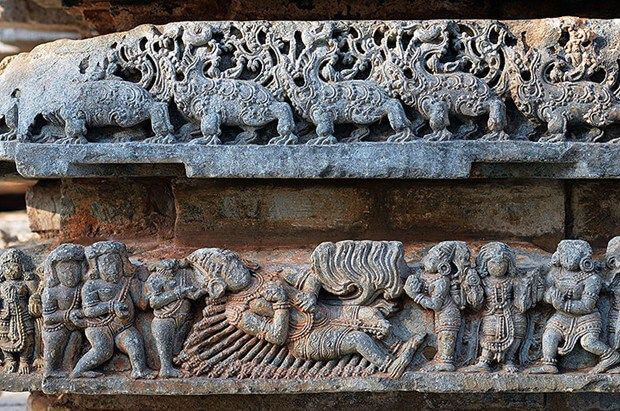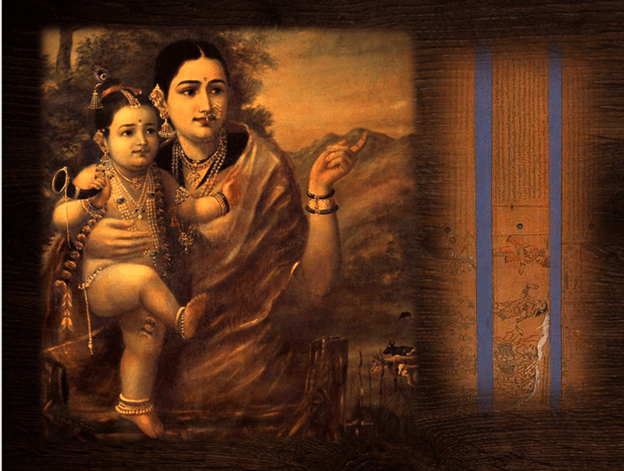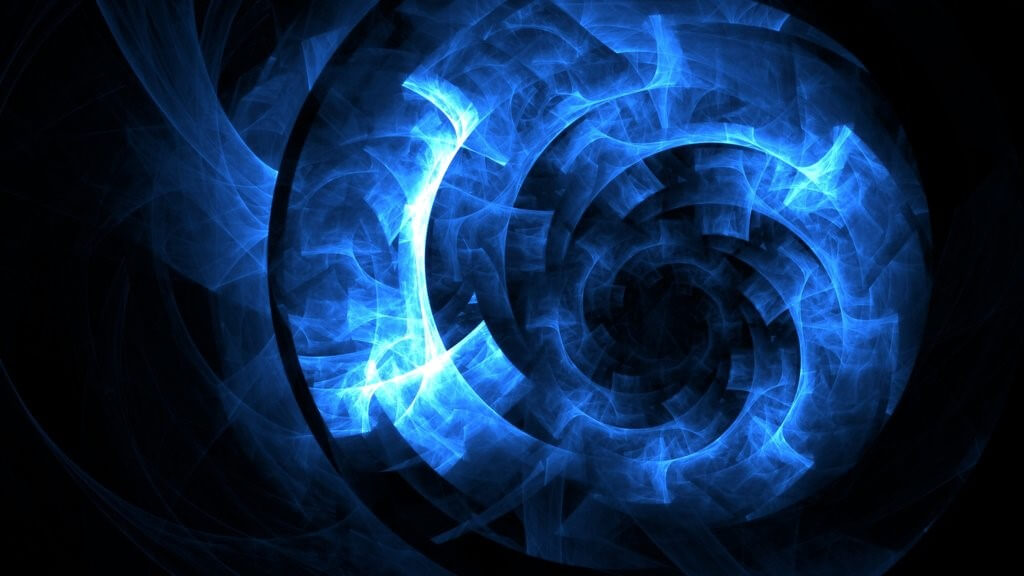Faculty: Dr. Vishwa Adluri
Mahabharata I: The Beginning and End
Mahabharata II: Dicing and Exile
Mahabharata II: Dicing and Exile
Mahabharata III: The War Books
Mahabharata IV: Dharma and Darshana
The Bhagavata Purana
The Brahmasutras
Vālmīki’s Rāmāyaṇa
Students will apply theoretical tools developed within psychoanalysis by Freud and Lacan which will allow them to approach the text self-critically. We shall read the entire text, analyzing some key passages from literary and philosophical perspectives that also reveal who we have become and who we wish to be. Students will learn to appreciate the Rāmāyaṇa as a profound character study, exploring the relation of the individual to society and to dharma. We will read extensive sections of the narrative, discuss and engage with topics that concerned commentators and explore the limitations of modernist critiques of Rāmāyaṇa and contemporary Indian society based on this text.
Area of Study: Text and Traditions
Required/ Elective: Elective
Prerequisites: Admission into a Program of Study
Instructor: Dr. Vishwa Adluri







